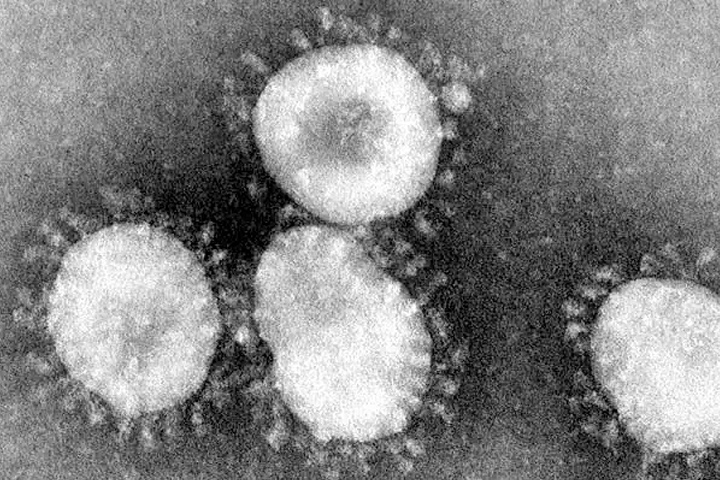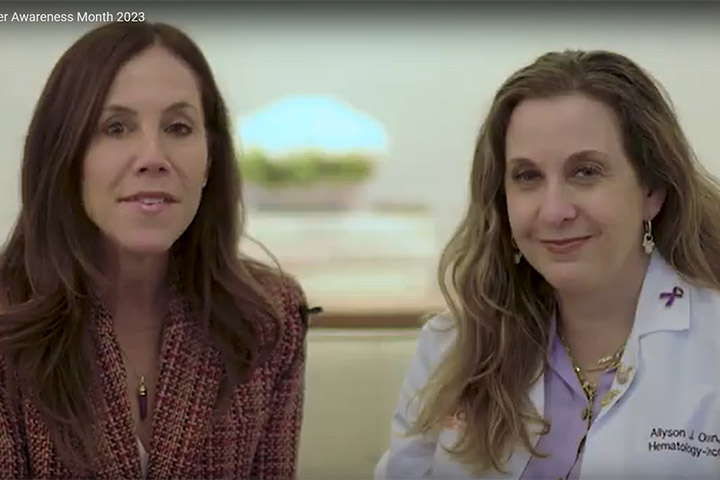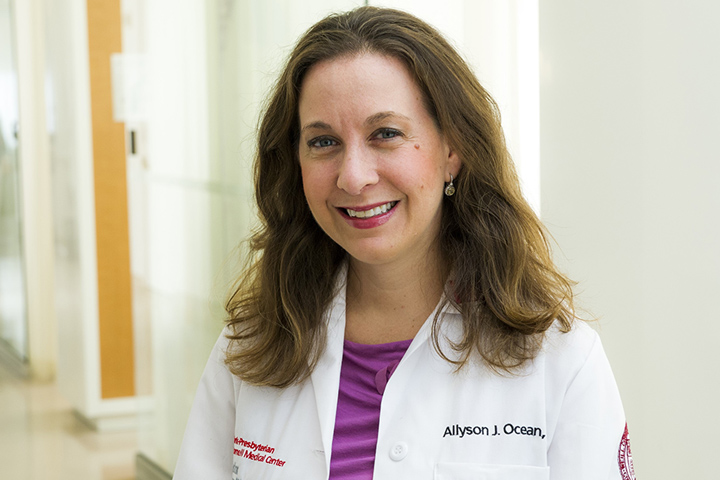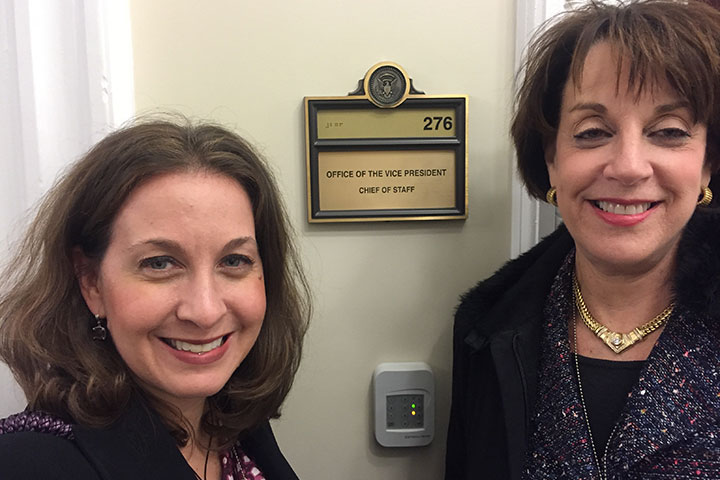COVID-19 and Pancreatic Cancer Clinical Trials

Like every other aspect of life at this time, pancreatic cancer treatment and research has been altered by the COVID-19 pandemic.
The very same scientists that work to develop better treatments and earlier detection are faced with new obstacles. This very contagious virus is affecting clinical trials and research in a number of ways.
COVID-19 Stretches Resources
No matter how hard people may be trying to find balance in this new reality, you cannot escape the news and the pictures of healthcare workers on the front lines, treating very sick patients in hospitals and testing for the virus in people who may be infected. They are overwhelmed, and medical resources are strained.
Due to these unprecedented realities in the medical community, clinical trials are undergoing some changes. That’s because the overriding philosophy in all of medicine truly is to do no harm. Patient safety is, and always will be, a doctor’s number one priority.
“The COVID-19 virus is causing a crisis in our country and is having devastating effects on how we treat cancer patients during this pandemic,” explains Dr. Elizabeth Jaffee, Professor of Oncology and Deputy Director, The Sidney Kimmel Comprehensive Cancer Center at Johns Hopkins (Baltimore). Jaffee is an international leader in the development of immune-based therapies in cancer treatment and is seeing the effects of COVID-19 in the cancer community of medical professionals and patients.
“We know people with suppressed or compromised immune systems, like cancer patients, are at an increased risk for contracting COVID-19 and are experiencing more severe symptoms,” she says. “The COVID-19 pandemic also is placing a tremendous burden on our human and medical resources, forcing even cancer centers to divert healthcare workers and supplies to address coronavirus-infected patients. This crisis has led many cancer centers to modify treatment regimens and to reduce or temporarily pause enrollment in clinical trials, to avoid risk of virus exposure.”
Several groups have released recommendations for researchers. The National Institutes of Health (NIH) is encouraging the doctors running NIH-sponsored trials to consult with their respective review boards and institutions about potential measures to protect participants and staff members. Other groups like the American Society of Clinical Oncology, which represents nearly 45,000 oncology professionals, and SWOG, a National Cancer Institute-supported organization that conducts clinical trials, are also weighing in.
Measures to protect patients can include limiting study visits to those necessary for participant safety or clinical care, conducting virtual visits, and flexibility for required laboratory tests or imaging (needed for safety monitoring) so these can occur at local laboratories or clinics, among others.
What Does This Mean For Me?
For the time being, with the caveat that COVID-19 is a moving target:
- Clinical trials that have already enrolled patients are continuing, with some changes to protect patient and staff safety.
- New trials that have not started recruiting patients are generally paused. But your doctor will know best how specific trials at his or her organization are handling the situation.
- Generally, if a trial offers the best hope for a patient out of options, depending on the institution and recognizing that various important factors go into the decision-making process, that patient may be eligible to be enrolled in a trial.
Despite the upheaval that COVID-19 continues to cause, science never really stops. For example, the Lustgarten Foundation continues to fund approved clinical trials “and is working closely with our clinical research teams to adjust studies to remain active,” explains Kerri Kaplan, president and CEO. “Of course, each clinical trial is different and may require individual modifications; however, we are doing everything we can to help those teams enroll participants and to avoid delays in potentially life-saving studies,” she adds.
If you have questions related to any aspect of your care, including clinical trials, it is important that you reach out to your medical team during this crisis. And, as always, know that the Let’s Win community is here to keep you as up-to-date as possible in a changing situation.






